
The AIgorythm project

Playwright and actor
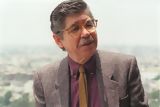
Novelist

Writer and poet

Volleyball player

Italian-Peruvian naturalist and geographer

Singer and percussionist

Last Inca emperor

Politician, former prime Minister

Journalist and TV host
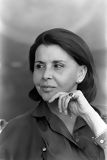
Poet

Inca warrior
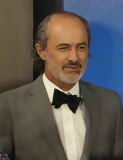
Actor and comedian

Biophysicist

Poet

Doctor and researcher
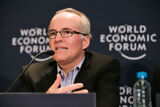
Businessman, Interbank group

Journalist and writer
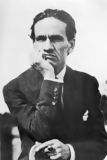
Poet and writer
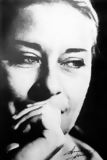
Singer and songwriter
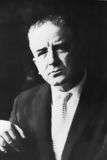
Writer

Film director, Berlin Golden Bear winner

Football player
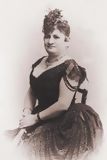
Writer and journalist
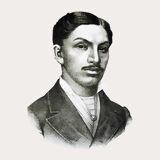
Doctor and scientist

Photograph

Chess player

Industrialist
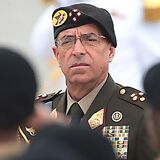
Former general

Specialist in public health

Actress and singer

Afro-Peruvian music singer

Mathematician and engineer

Indigenous chronicler

Neurologist and anthropologist

Painter

Football player
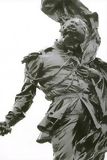
National hero, military leader

Intellectual and reformer

Chef and entrepreneur

Fashion designer

Singer-songwriter

TV presenter

Marathon runner

Indigenous Peruvian chronicler

Theologian

Former national team captain

Economist and former health minister

Inca princess

Writer and television host

Folk musician

Poet and guerrilla
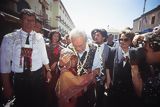
Former UN secretary-general

Chef, known for fusion cuisine

Football player

Peruvian aviation pioneer

Poet and artist
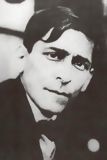
Marxist philosopher and writer

Industrialist and businessman
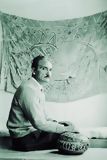
Novelist and ethnologist

Painter and muralist

Opera tenor

Fashion designer

Cardinal of Lima

Peruvian tennis player

Football coach

Leader of the indigenous rebellion
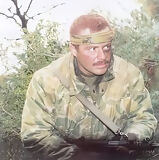
Military hero

Latin singer
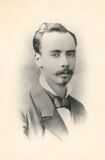
War of the Pacific hero

The youngest mother in history

Politician
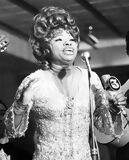
Creole music singer

Tennis player
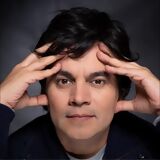
Musician

Writer and politician

Politician and founder of the Christian Democratic Party

Founder of Sodalitium Christianae Vitae

Archaeologist and anthropologist
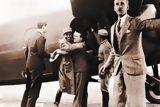
Military leader and politician

Television host
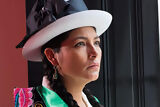
Actress and singer
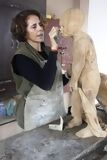
Contemporary sculptor
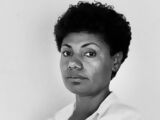
Women’s rights activist

Beauty queen

Astrophysicist

Heroine of independence

Mathematician and archaeologist

Historian and anthropologist
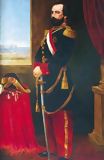
Military figure and historical figure

Fashion photographer
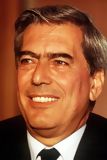
Writer, Nobel Prize in Literature, Politician

Revolutionary leader
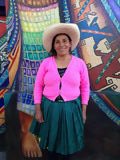
Environmental activist

Leader of the indigenous rebellion

Musician from Gaia band
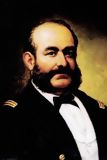
War hero
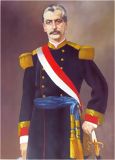
Military leader and politician

Chef, known for Nikkei cuisine

Volleyball coach and former player

Environmental activist

Television personality

Writer
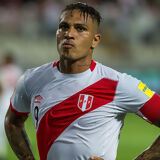
Football player

Epidemiologist and former health Minister

Inventor and aerospace pioneer

Soldier and inventor
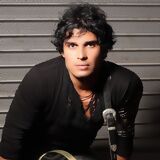
Rock singer

Chef and co-owner of Central restaurant

Painter

Football player

TV presenter and actress
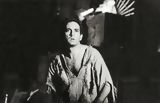
Actor
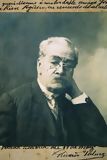
Writer and historian

Journalist and lawyer

Archaeologist, founder of Caral site
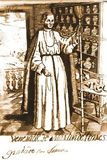
Monk and Saint
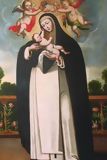
Saint, patron of Latin America

Physicist and engineer

World champion surfer

Actress

Oncologist
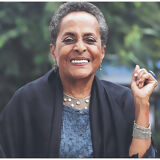
Singer, Latin Grammy winner

Former mayor of Lima

Singer

Actress

Former football player

Painter
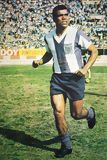
Former football player

Painter

Inca leader

Archbishop, saint
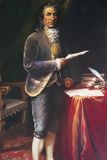
Leader of the indigenous rebellion

Revolutionary indigenous leader

Diplomat and intellectual

Sculptor and painter
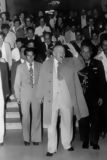
Political leader, founder of APRA

Lawyer and Former prime minister

Chef of Central restaurant
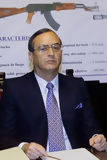
Former head of secret services

Popular singer

Fashion designer

Exotic music singer
Toribio de Mogrovejo, born in 1538 in Mayorga, Spain, was one of the greatest missionary bishops of the Catholic Church in Latin America. As Archbishop of Lima in the 16th century, he played a crucial role in spreading Christianity among the indigenous peoples of Peru and in reforming the Church in the region. Canonized in 1726, he is now the patron saint of Latin American bishops and is recognized for his missionary zeal and defense of indigenous rights.
Toribio Alfonso de Mogrovejo was born into a noble Spanish family. After studying law at the University of Salamanca, he became a professor of law at the University of Valladolid. Due to his intelligence and piety, he was appointed by King Philip II as president of the Inquisition in Granada, even though he had not yet received holy orders. His destiny changed when, against all odds, he was appointed Archbishop of Lima in 1579, despite his lack of direct ecclesiastical experience.
Toribio de Mogrovejo was consecrated as a bishop in 1581 and arrived in Lima shortly thereafter. From the moment he arrived, he dedicated himself to reforming the Church in his diocese, which was still young and fragile. He implemented measures to ensure the discipline of priests, combat corruption, and improve the administration of the sacraments. He was also a fervent defender of the rights of indigenous peoples, condemning the abuses of Spanish colonists and seeking to protect the native populations of Peru.
Toribio de Mogrovejo is best known for his missionary work. He traveled vast distances on foot or mule, through the mountains and jungles of Peru, often in extremely harsh conditions, to preach the Gospel and administer the sacraments. He learned the local languages to better communicate with indigenous communities. It is estimated that he baptized nearly 500,000 people, including several renowned saints of Peru, such as Rose of Lima and Martin de Porres.
In 1582, Toribio de Mogrovejo convened and presided over the Third Council of Lima, a historic event aimed at reforming the Church in Latin America. This council established norms for the administration of sacraments, the organization of parishes, and the religious education of indigenous populations. The decisions made at this council had a lasting impact on the Church across the region, contributing to the structuring of the ecclesiastical hierarchy and the regularization of religious life in the New World.
Toribio de Mogrovejo was a staunch defender of the rights of indigenous peoples in the face of Spanish colonial abuses. He condemned the mistreatment of indigenous people and advocated for the fair application of protection laws established by the Spanish Crown. He also promoted the education and religious training of indigenous people, emphasizing their human dignity and equality before God. His compassion and commitment to the local populations made him a deeply respected figure.
Toribio de Mogrovejo died on March 23, 1606, exhausted by years of unrelenting missionary work. His devotion to the Church and the people of Peru earned him widespread veneration. He was beatified in 1679 and canonized by Pope Benedict XIII in 1726. His feast day is celebrated on March 23, and he is considered the patron saint of bishops and missionaries in Latin America. His legacy of justice, charity, and missionary zeal continues to inspire Catholics worldwide.
Toribio de Mogrovejo’s role in the history of the Catholic Church is immense. He not only reformed the Church in the New World, but he also established models of ecclesiastical governance and missionary work that have influenced generations of priests and religious leaders. Today, he is revered as a model of dedication to faith, social justice, and evangelization, not only in Peru but throughout Latin America.